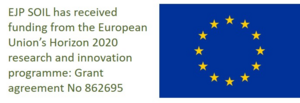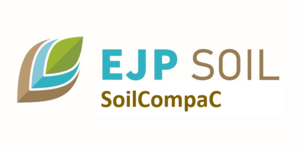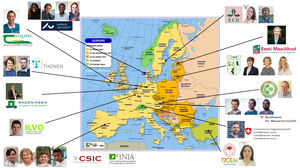SoilCompaC
Mapping and alleviating soil compaction in a climate change context
Soil compaction is a major threat to soil productivity and ecological and hydrological soil functioning. Although adverse impacts of compaction on soil properties and functions are relatively well documented, estimates of the extent and severity of compaction in Europe remain elusive, we have limited knowledge on how compaction changes the carbon cycle, and we lack information on compaction risks for different pedo-climatic zones and cropping systems in Europe and how the risks evolve due to climate change. SoilCompaC directly addresses these knowledge gaps. SoilCompaC will quantify interactions between soil compaction and climate, and present information on how to assess, detect, recover and minimize soil compaction, thereby providing a basis for sustainable soil management in Europe. The SoilCompaC consortium covers a wide range of representative pedo-climatic zones across Europe. The activities include data and literature synthesis, field sampling and measurements, capitalizing on existing soil databases, soil-crop modelling under current and future climate, and compaction risk modelling.
The SoilCompaC consortium is comprised of 13 partners in 12 countries: Aarhus University (Denmark), Wageningen Research (The Netherlands), Flanders Research Institute for Agriculture, Fisheries and Food (Belgium), Estonian University of Life Sciences (Estonia), Johann Heinrich von Thünen-Institut (Germany), Teagasc (Ireland), Lithuanian Research Centre for Agriculture and Forestry (Lithuania), Spanish National Research Council - Environment and Agronomy Department (Spain), Swedish University of Agricultural Sciences (Sweden), Agroscope (Switzerland), Ministry of Agriculture and Forestry, General Directorate of Agricultural Research and Policies (Turkey), and University of Natural Resources and Life Sciences and Federal Agency of Water Management (Austria). Aarhus University coordinates the consortium.
Funding


